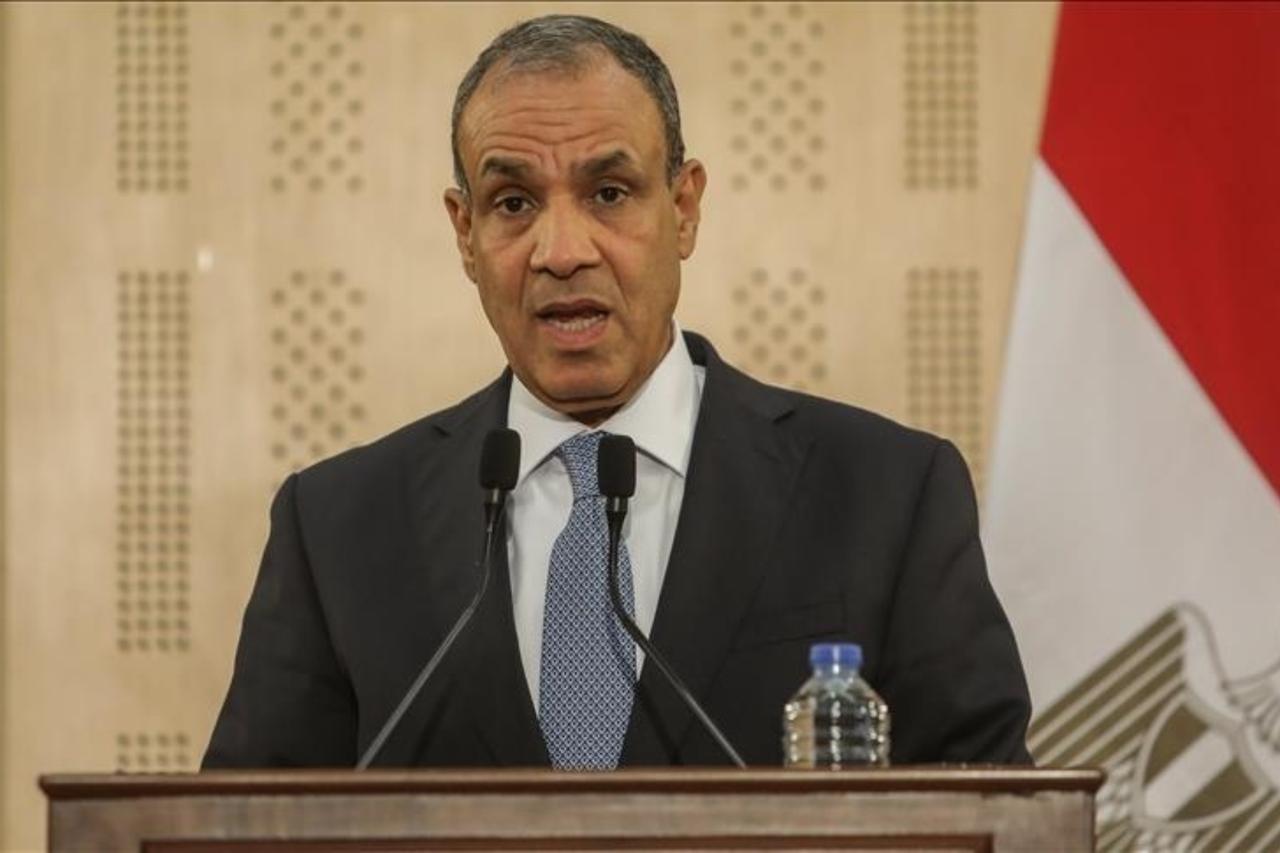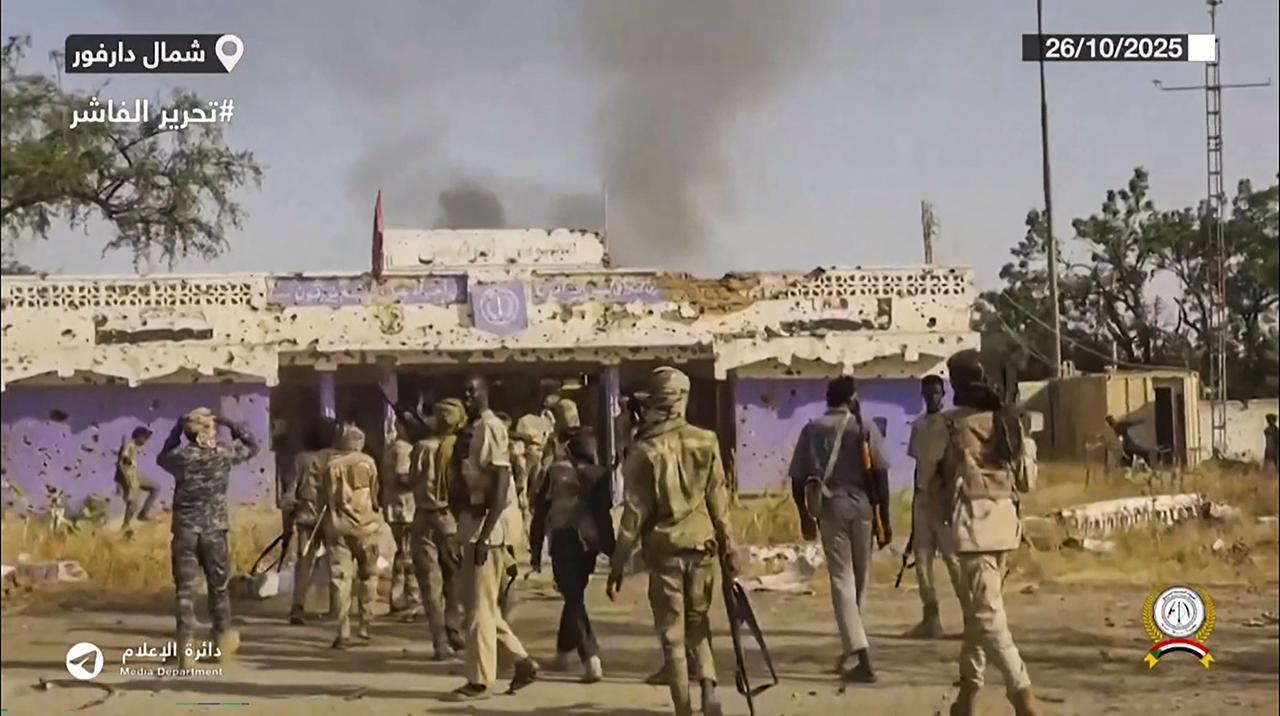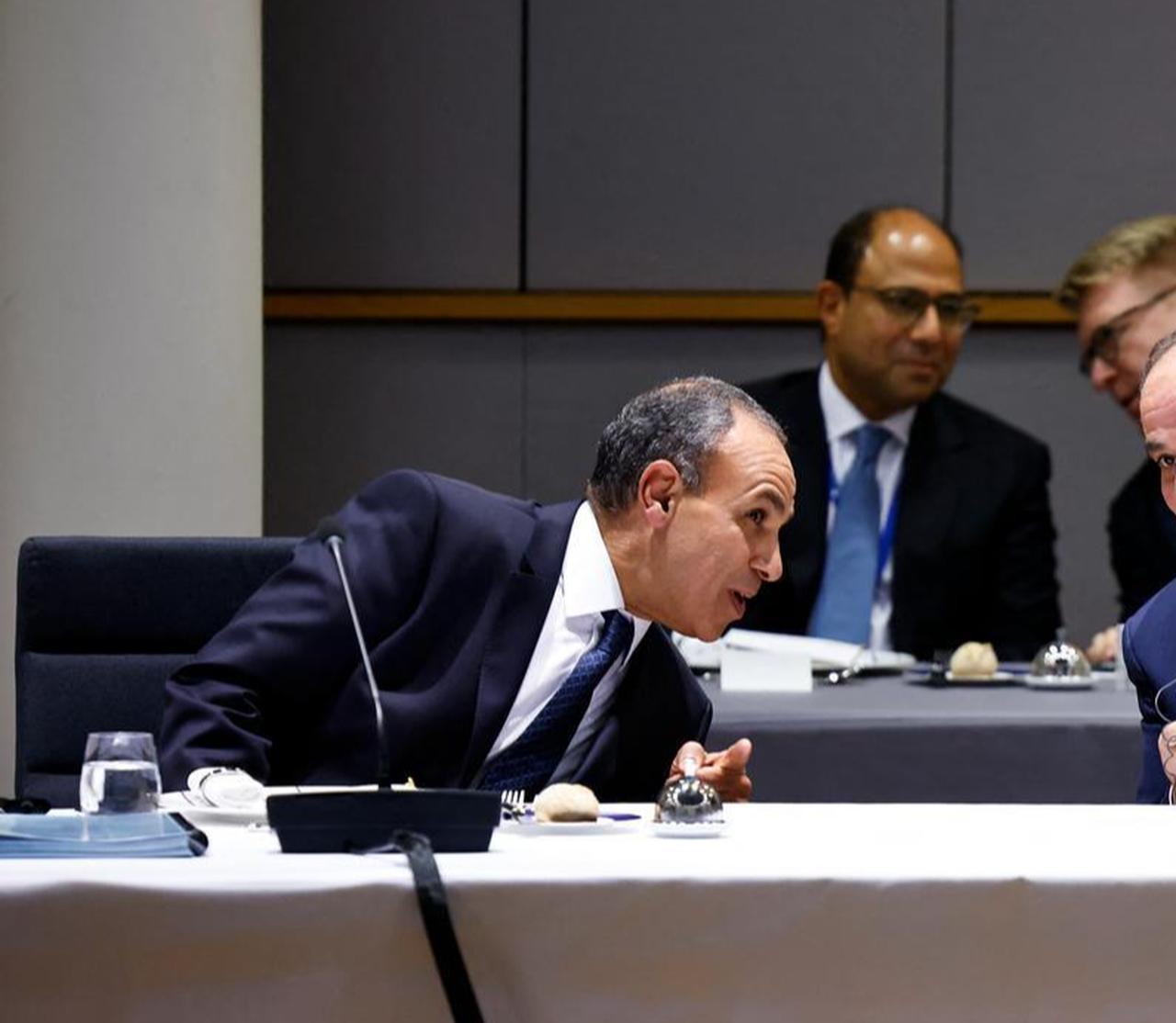
Egyptian authorities have declared an intelligence and operational alert following the Rapid Support Forces’ (RSF) takeover of el-Fasher, the capital of North Darfur, as concerns mount in Cairo over the growing threat to Egypt’s national security, a high-level Egyptian source told London-based newspaper Al-Araby Al-Jadeed.
According to the source, several Egyptian agencies went into heightened readiness within hours of the RSF’s victory in el-Fasher, led by Mohamed Hamdan Dagalo.
The move aims to prevent possible spillover effects on Egypt’s southwestern border, arms-smuggling routes, and economic stability, making the Sudan conflict—ongoing since April 15, 2023—a crisis extending beyond Khartoum to Cairo.

The Egyptian Foreign Ministry said in a statement Tuesday that Foreign Minister Badr Abdelatty held talks Monday with Masad Boulos, senior adviser to the U.S. president for Arab and Middle Eastern affairs, to discuss developments in Sudan and Libya.
The two sides agreed on “the need for an immediate and permanent ceasefire in Sudan” and stressed the importance of preserving the country’s unity and national institutions to protect its people and ensure stability.

El-Fasher, once the Sudanese army’s last stronghold in Darfur, is a strategic gateway whose fall could reshape power dynamics in Sudan.
Analysts warn that the RSF’s expanding control may open new routes for arms, fighters, and gold smuggling from northwest Sudan into Libya—raising security concerns along the Egypt-Libya-Sudan triangle.
Egyptian officials and analysts view the Sudanese war as a multidimensional threat to Egypt’s stability, affecting migration flows, weapons trafficking, and Nile water security.
Hossam Issa, head of the Sudan and South Sudan Department at Egypt’s Foreign Ministry, said the situation in el-Fasher has reached an “extremely dangerous stage” requiring “decisive international action.”
He said that Egypt is intensifying efforts within the Quartet mechanism—comprising the United States, Saudi Arabia, Egypt, and the United Arab Emirates—and the United Nations to push for urgent humanitarian and political measures to stop the unprecedented deterioration.
Arab countries on Tuesday strongly condemned what they described as “grave humanitarian violations” committed by the RSF in el-Fasher, calling for an immediate humanitarian truce across Sudan.
The Organization of Islamic Cooperation (OIC), Arab League, and Muslim World League issued statements urging dialogue and restraint to protect civilians and preserve Sudan’s unity and territorial integrity.
According to a joint U.N. report, Sudan now faces one of the world’s worst humanitarian emergencies.
Four U.N. agencies—the International Organization for Migration (IOM), UNHCR, UNICEF, and the World Food Program (WFP)—said that more than 30 million people need humanitarian assistance, including 9.6 million internally displaced persons and 15 million children.
The report added that although 2.6 million people have returned home following reduced fighting in parts of Khartoum and elsewhere, many found their homes destroyed and essential services lacking.